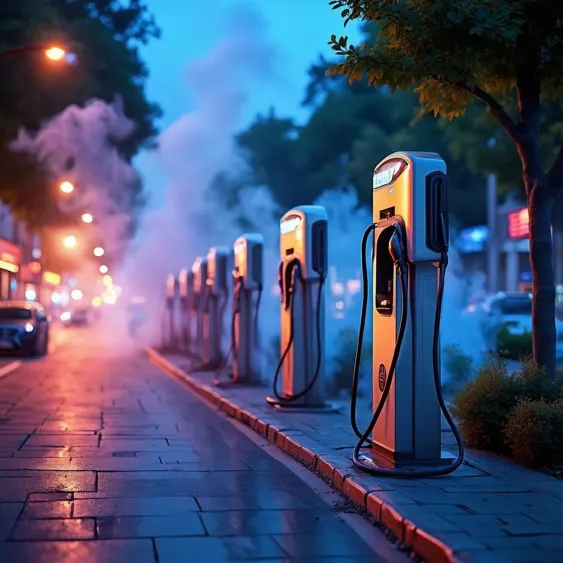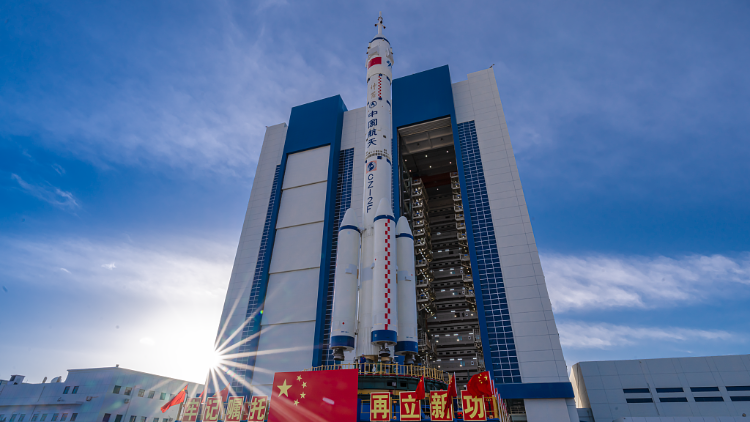PM2.5 Rise at EV Stations: New Challenge for Green Transport

The revelation that electric vehicle (EV) charging stations may experience higher levels of PM2.5 than traditional gas stations is a significant development in the ongoing conversation about the environmental impacts of our transportation choices. This new finding complicates the narrative surrounding EVs as the environmentally friendly alternative to fossil fuel-powered cars, raising questions about the unseen pollutants associated with the very infrastructures we rely on to power our greener vehicles.
Conducted by researchers at the UCLA Fielding School of Public Health, the study focused on particulate matter that can be a health hazard. PM2.5, which is tiny enough to bypass our lungs' natural defenses and potentially enter the bloodstream, can exacerbate serious health conditions like heart and lung diseases. Findings indicate that while urban background levels hover around 7 to 8 micrograms per cubic meter, peak levels near fast charging locations reached an alarming 200 micrograms. The culprit? Dust and particulates disturbed around the electrical distribution cabinets, which play a critical role in converting grid power into the DC necessary for EVs. This means that even as we advocate for cleaner transportation, we must also consider the implications of the infrastructures supporting them.
The implications of this study are twofold. On one side, it emphasizes the pressing need for air quality measures at EV charging locations, such as installing air filters on distribution cabinets, as suggested by researchers. Such actions could dramatically reduce particulate emissions, helping maintain the clean image that EVs aspire to uphold. On the other hand, it draws attention to the unexpected health risks faced by those who utilize these charging stations. With recommendations for drivers to remain inside their vehicles and keep air systems running, it's evident that further research is needed to ensure public health isn't compromised in our quest for sustainable transport.
In conclusion, this study serves as a critical reminder that technological advancements, such as electric vehicles, come with their own set of challenges and consequences. As we move forward in our electric age, how can we enhance the infrastructures that support our sustainable goals without sacrificing public health?
Read These Next

China's Space Mission Brings Global Benefits and Advancements
China is training two Pakistani astronauts, enhancing international ties and showcasing its role in global space exploration.

SpaceX Starship Flight 9: Lessons and Future Launches
Commentary on the FAA's investigation of SpaceX's Starship Flight 9 accident and its implications for future launches.

U S CDC Vaccine Panel Experts All Removed from Positions
U.S. Health Secretary Robert F. Kennedy Jr. dismissed CDC's vaccine advisory panel to restore trust, raising concerns for immunization policies.
